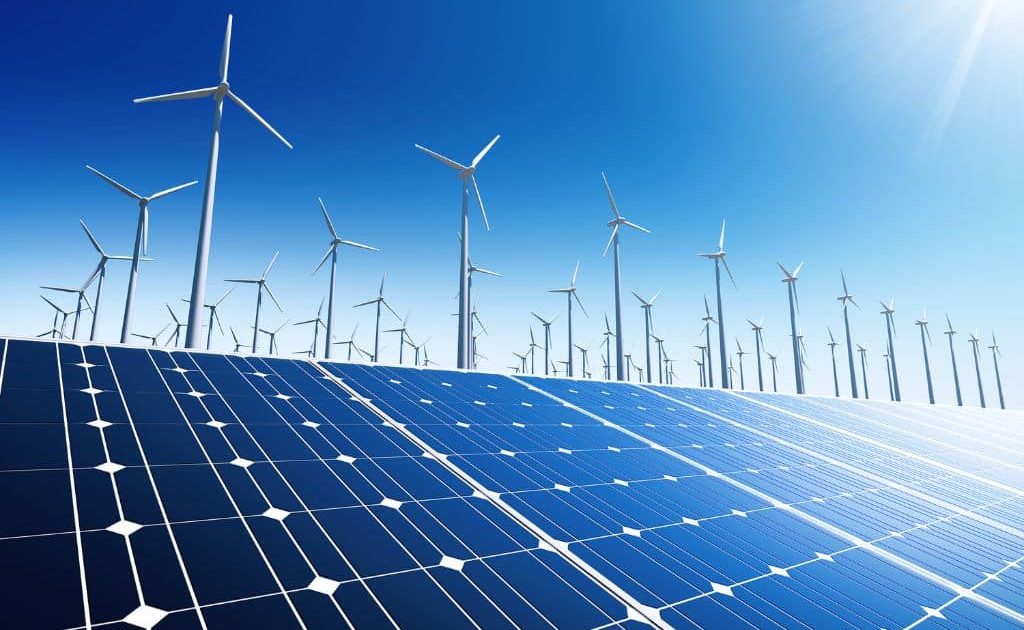Generation

GIZ Supports Renewable Energy Transition in Nigeria

The German Agency for International Cooperation (GIZ) has reaffirmed its commitment to advancing Nigeria’s energy transition by facilitating the smooth importation of renewable energy technologies and supporting customs modernisation efforts.
At a recent stakeholders’ consultative forum in Lagos, GIZ Nigeria and ECOWAS Country Director Dr Markus Wagner, represented by Duke Benjamin, highlighted the pivotal role of the Nigeria Customs Service (NCS) in achieving the country’s sustainable development and green energy targets.
He noted that implementing the Advance Ruling System has significantly streamlined customs processes for importing renewable energy components, reducing clearance times and administrative bottlenecks.
“Our strategic partnership with the Nigeria Customs Service is key to simplifying clean energy imports. With the Advance Ruling System in place, we’re helping Nigeria accelerate its ambitious green energy transformation,” said Benjamin.
He added that the recent launch of a handbook on import and export procedures for renewable and energy-efficient technologies would further ease cross-border trade and encourage investment in the sector.
GIZ also praised collaborative training and sensitisation programmes with customs officers and importers, which have improved the classification, valuation, and compliance of renewable energy goods. These efforts, combined with digital documentation reforms, are already boosting sustainable energy trade in Nigeria.
Beyond customs facilitation, GIZ’s broader technical support includes building institutional and human capacity across key ministries, developing renewable energy policies, supporting rural mini-grid systems and enhancing energy efficiency standards nationwide.
The Federal Ministry of Power also lauded GIZ’s role through the Nigeria Energy Support Programme (NESP). Represented by Ben Ayangegor, Permanent Secretary Mahmud Mamman said these efforts are vital to realising Nigeria’s Vision 30:30:30, which targets 30GW of electricity by 2030, with 30% from renewable sources.
Furthermore, he called on the Ministry of Finance to establish a task force led by the Comptroller-General of Customs to fast-track the import and export of renewable energy equipment. The task force would streamline customs procedures, train staff on renewable energy standards, and create a dedicated Harmonised System Code for renewable energy products.
In her remarks, Deputy Comptroller General Caroline Niagwan, representing Comptroller-General Bashir Adeniyi, confirmed that the NCS is working closely with stakeholders to promote clean energy imports while enforcing fiscal policies discouraging fossil fuel use.
“Our goal is to support Nigeria’s net-zero targets by facilitating access to affordable renewable energy technologies,” she said.
The forum reinforced the strong collaboration between GIZ, the Nigerian government, and the private sector in pushing for a cleaner, more sustainable energy future.












